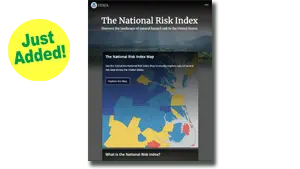
National Risk Index
The National Risk Index is a dataset and online tool to help illustrate the United States communities most at risk for 18 natural hazards.
Accelerating resiliency planning in communities across the Commonwealth

The National Risk Index is a dataset and online tool to help illustrate the United States communities most at risk for 18 natural hazards.
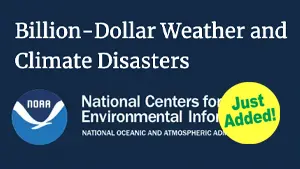
The National Centers for Environmental Information’s (NCEI) Billion-Dollar Disasters product is intended to show the impact of extreme weather and climate events on the economy in inflation-adjusted dollars.
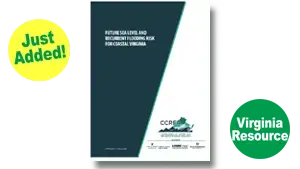
The report presents analysis of the best available existing data on coastal land elevation, sea level rise projections, vertical land motion (subsidence), and building and transportation assets.
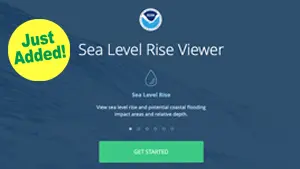
The purpose of the NOAA Sea Level Rise Viewer is to provide federal, state, and local coastal resource managers and planners with a preliminary look at sea level rise and coastal flooding impacts.
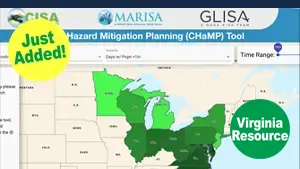
CHaMP provides users with a single point of access to county-, state- and region-specific historical climate and hazard data and projected climate information.
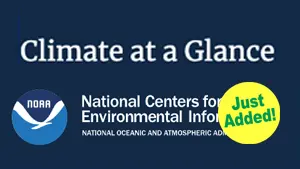
Climate at a Glance was developed at the request of NOAA Headquarters for near real-time analysis of monthly temperature and precipitation data across the contiguous U.S. and intended for the study of climate variability.
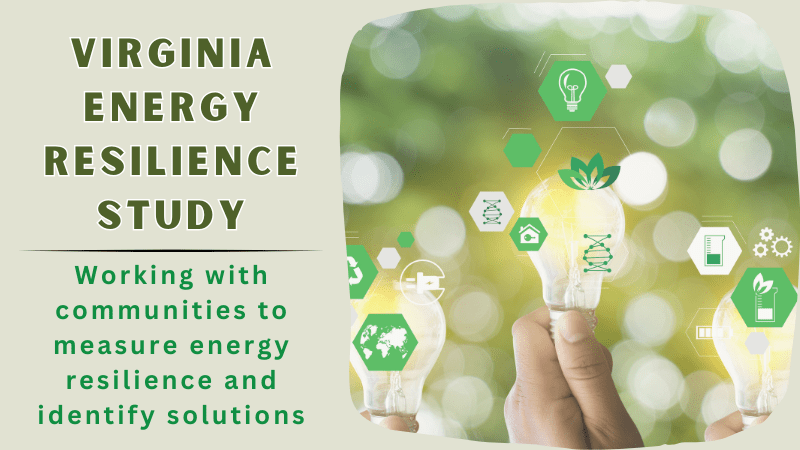
On October 29th and November 5th, Resilient Virginia is partnering with Leslie King Consulting, Launch! Consulting, and Solar Workgroup of Southwest Virginia to host additional
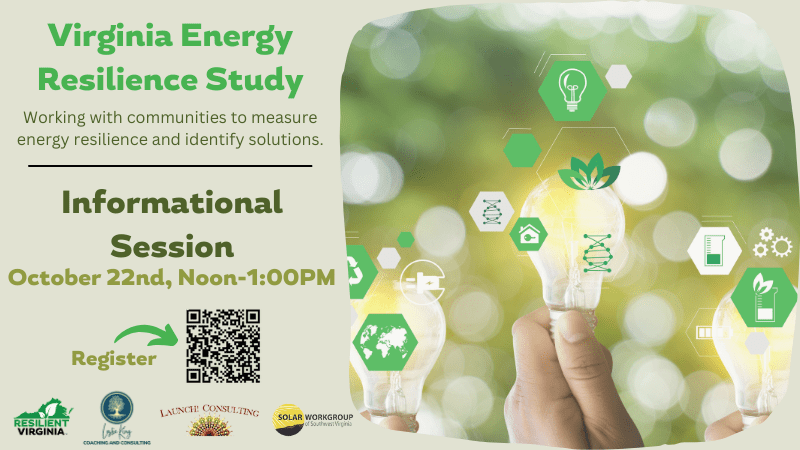
On October 22nd Resilient Virginia is partnering with Leslie King Consulting, Launch! Consulting, and Solar Workgroup of Southwest Virginia to host a Virginia Energy Resilience
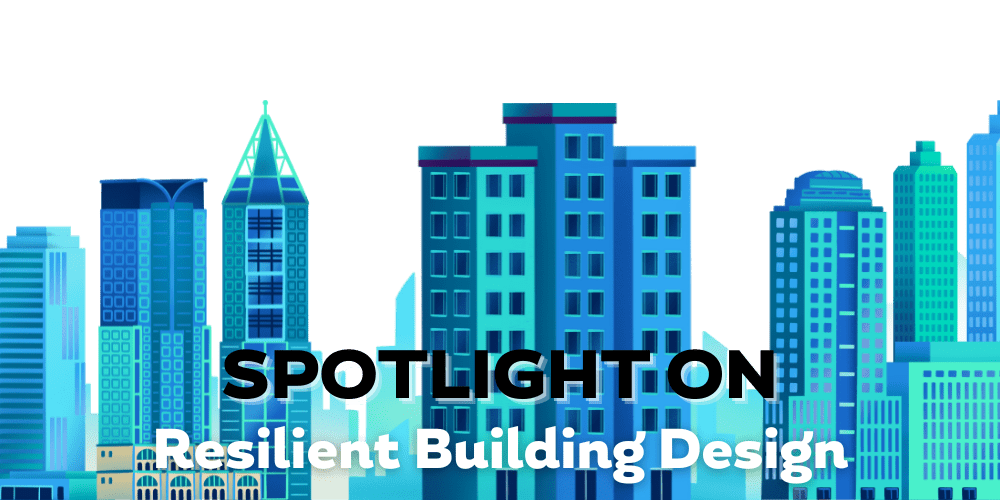
ARISE-US Symposium: “The Case for Resilient Buildings” Thursday, October 10, 2024, 1:00-2:30pm ET Hosted in partnership between ARISE-US Network and Resilient Virginia A critical aspect

The National Risk Index is a dataset and online tool to help illustrate the United States communities most at risk for 18 natural hazards.

The National Centers for Environmental Information’s (NCEI) Billion-Dollar Disasters product is intended to show the impact of extreme weather and climate events on the economy in inflation-adjusted dollars.

The report presents analysis of the best available existing data on coastal land elevation, sea level rise projections, vertical land motion (subsidence), and building and transportation assets.

The purpose of the NOAA Sea Level Rise Viewer is to provide federal, state, and local coastal resource managers and planners with a preliminary look at sea level rise and coastal flooding impacts.

CHaMP provides users with a single point of access to county-, state- and region-specific historical climate and hazard data and projected climate information.

Climate at a Glance was developed at the request of NOAA Headquarters for near real-time analysis of monthly temperature and precipitation data across the contiguous U.S. and intended for the study of climate variability.

On October 29th and November 5th, Resilient Virginia is partnering with Leslie King Consulting, Launch! Consulting, and Solar Workgroup of Southwest Virginia to host additional

On October 22nd Resilient Virginia is partnering with Leslie King Consulting, Launch! Consulting, and Solar Workgroup of Southwest Virginia to host a Virginia Energy Resilience

ARISE-US Symposium: “The Case for Resilient Buildings” Thursday, October 10, 2024, 1:00-2:30pm ET Hosted in partnership between ARISE-US Network and Resilient Virginia A critical aspect
The Lincoln Institute of Land Policy’s Consortium for Scenario Planning is hosting its ninth annual conference February 4–6, 2026, at the University of Utah in Salt Lake City, Utah. Cohosted by the Lincoln Institute, the…
Resilient Virginia Collaborative Alliance Agriculture Working Group monthly meeting. Anyone is welcome to join the conversation!
RVCA Agriculture Working Group
Thursday, October 23 · 11:00am – 12:00pm
Time zone: America/New_York
…
Resilient Virginia’s 2026 Resiliency Academy is a 10-session webinar series designed to help communities understand change, reduce risk, and build long-term resilience using practical, systems-based, and equity-centered approaches.
Virginia is facing growing challenges from sea-level rise, recurrent flooding, extreme heat, and economic disruption—making coordinated resilience planning more essential than ever.
Beginning in 2026, Resilient Virginia will launch the Resilience Foundations Certificate Program, a first-of-its-kind professional development initiative that brings together leaders from government, business, academia, and community organizations to advance systems-level resilience across the Commonwealth.
The Power of Partnership … Spotlight On Webinar Series … Resilience Certificate Survey … Interactive StoryMaps Advance Climate Equity … RVCA Updates … Tackling Emerging Contaminants Water Technical Assistance … Closing America’s Wastewater Access Gap Initiative … Firewise Virginia Community Hazard Mitigation Grant Program … more.
VCU RISE has launched interactive StoryMaps to highlight environmental justice issues in Charles City County, Emporia, and Richmond. Learn how these equity-focused tools blend local data, maps, and community stories to support planning, resource access, and climate resilience.